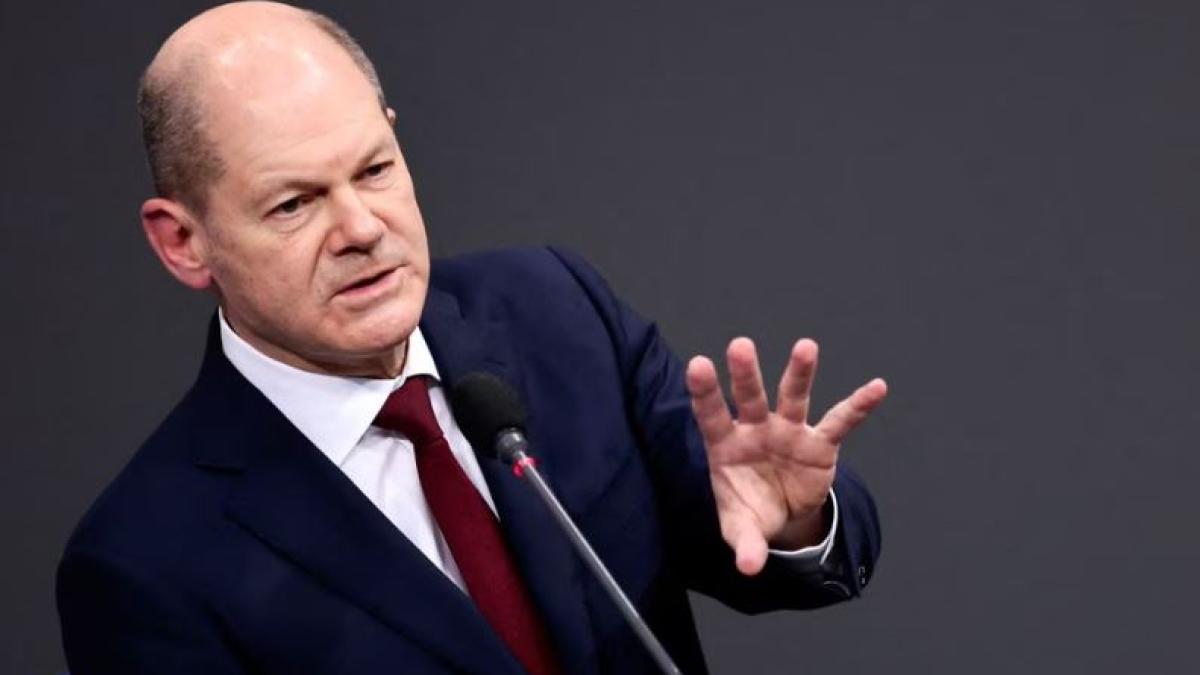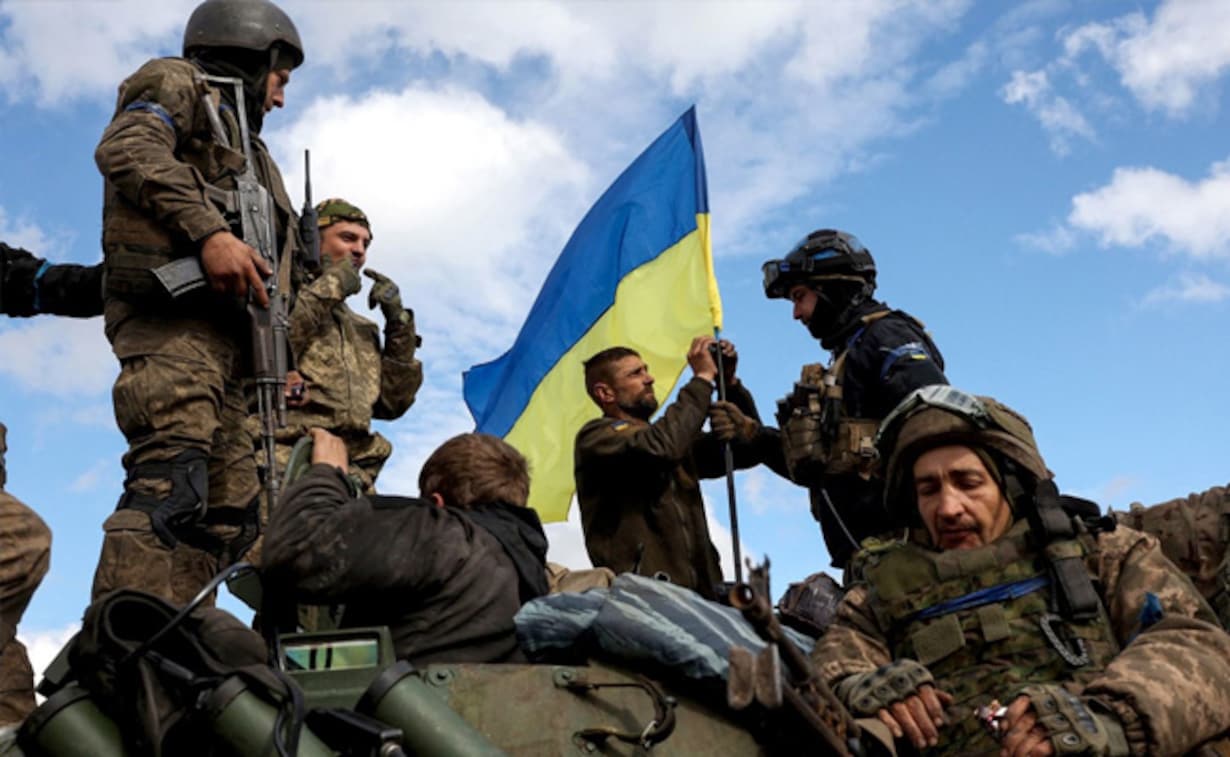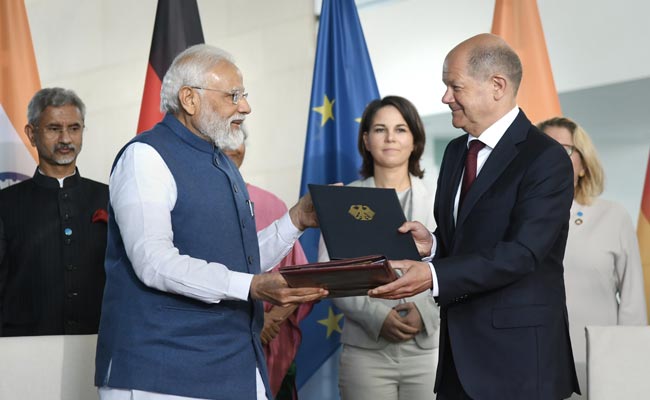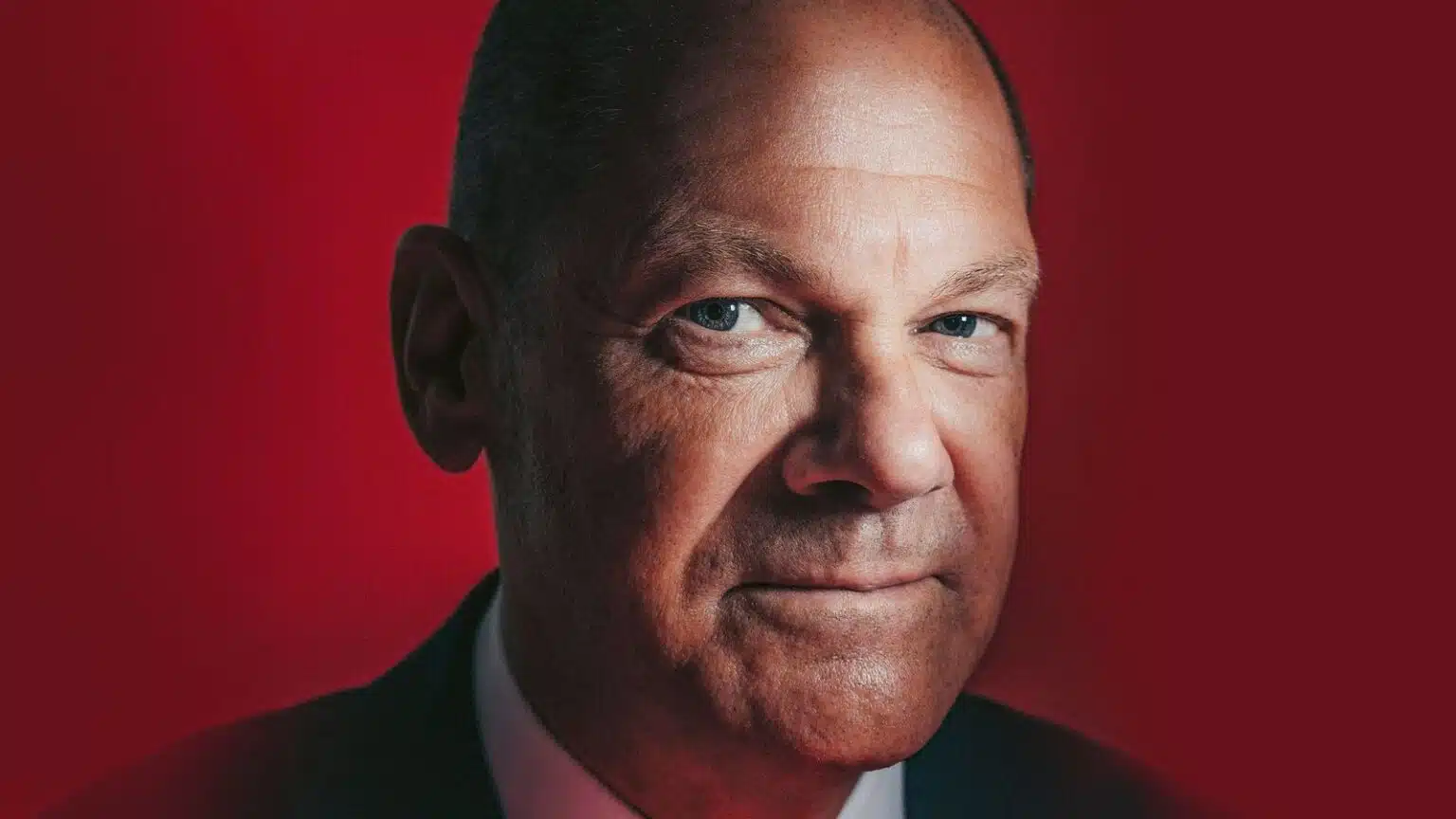On Thursday, German Chancellor Olaf Scholz criticised the Chinese government for toning down its condemnation of the Kremlin’s actions and urged Beijing not to arm Russia in its war against Ukraine.
In a speech to the German lower house of parliament on Thursday, Scholz expressed his disappointment that China had backed out of what he called “a strong denunciation of the Russian attack” agreed upon by leaders at the G20 summit in Bali last year.
My message to Beijing is crystal clear: exert your influence on Moscow to urge the withdrawal of Russian soldiers, Scholz added.
The chancellor expressed his dismay that Beijing had not condemned Moscow for its invasion of Ukraine but said he was encouraged by attempts to reduce tensions. The Chinese government has proposed a 12-point peace proposal that includes a cessation of hostilities. As Scholz put it, “one may legitimately expect China to share its ideas with the principal stakeholders, with the Ukrainian people, and with President Volodymyr Zelensky.”
Last month, US Secretary of State Antony Blinken claimed that the United States had information that China was considering assisting Russia. Beijing, however, denied this accusation. The United States will bring up the problem in meetings on the sidelines of the G-20 foreign ministers’ conference in Mumbai on Thursday, a senior State Department official told reporters on Wednesday.
German Defence Strategy

More than a year after announcing a major shift in German defence and security strategy in reaction to Russia’s full-scale invasion of its neighbour, Scholz addressed members of the Bundestag.
He announced a €100 billion ($106 billion) debt-financed fund to help modernise the armed forces, calling it a “Zeitenwende” or “turning point” after decades of underfunding. The German defence budget, he said, would be increased indefinitely to reach the NATO recommendation of 2% of GDP.
Germany, under Scholz’s leadership, has broken with its long-standing policy of not sending weaponry into combat zones to become one of the most generous sponsors of the government in Kyiv.
He added that talks with Kyiv and other partners were underway to discuss future security assurances for Ukraine. He told parliamentarians that Germany would keep supplying Kyiv with weaponry, but that such pledges were contingent on the country’s ability to successfully defend itself in the conflict.
Scholz remarked, “The administration I lead never takes decisions on armament transfers lightly,” emphasising the significance of allocating the promised funds to the German military. An end is being put to the treatment of the military as a second thought.
Despite that, the chancellor has been criticised at home and by certain international allies for what they see as his reluctance to make some decisions, such as providing Ukraine with main battle tanks.
Scholz began his Thursday statement by emphasising the significance of maintaining support for Ukraine. Putin made it very obvious that with the “gun to their head,” Kyiv had no leverage to negotiate a peace treaty with Russia. He added that Putin “instead depends on threatening gestures,” such as the recent suspension of the New Start deal with the United States. He stated that there is currently no indication that Russian President Vladimir Putin is ready to negotiate a “fair peace,” and underlined Germany’s support for Ukraine and its “territorial integrity.”

No peace agreement would be possible without the participation of the Ukrainian people, the German chancellor has warned.
Furthermore, he emphasised the importance of having the fortitude to make peace and stated that “Putin’s imperialism must not be allowed to prevail.”
Scholz urged the world community to take a stand and has announced that he is planning a trip to Washington to meet with President Joe Biden and boost collaboration.
The chancellor congratulated the Bundeswehr (German armed forces) for their work and noted that Germany was training the largest number of Ukrainian soldiers.
The speech also emphasised Germany’s efforts to become less reliant on Russia by diversifying its petrol supply. Scholz said Germany had made it through the winter without Russian petrol supplies, and that by 2030, the country hoped to generate 80% of its energy from renewable sources.
Germany-India-Russia

Last week the German Chancellor reached out to India in a bid to get guarantees that New Delhi will join Western efforts to isolate Russia over its destructive war in Ukraine or atleast not block western attempts to do so.
Scholz expects India to assist in ensuring crucial supplies to Asia, Africa, and the Americas after he discussed the plight of poor countries due to the ensuing war in Ukraine in his discussions with Indian Prime Minister Narendra Modi.
Prime Minister Narendra Modi has maintained his earlier position, saying that his country hopes the situation can be resolved diplomatically. In addition, “India is ready to give its contribution to any peace endeavour,” he said.
It breaches the fundamental principle to which we all agree, of not changing boundaries through the use of violence,” Scholz said of Russia’s campaign in Ukraine.













